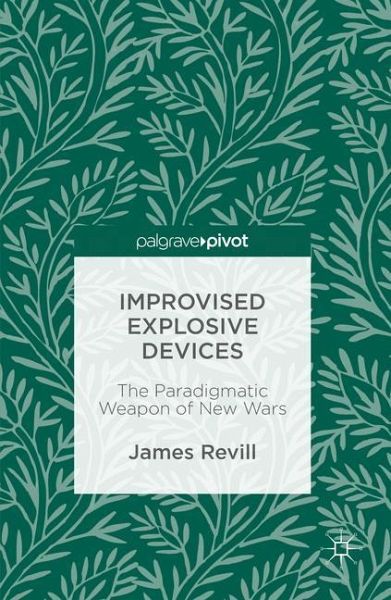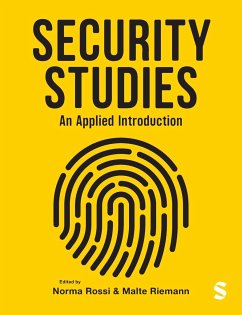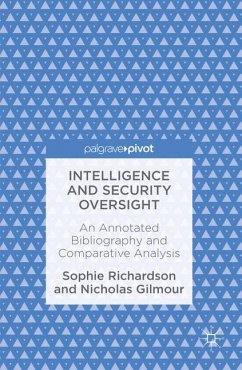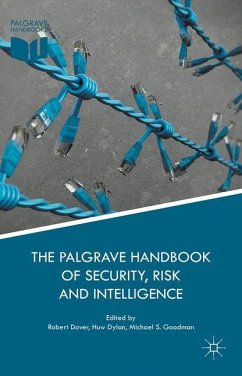
Improvised Explosive Devices
The Paradigmatic Weapon of New Wars
Versandkostenfrei!
Versandfertig in 6-10 Tagen
49,99 €
inkl. MwSt.
Weitere Ausgaben:

PAYBACK Punkte
25 °P sammeln!
This book begins with an account of the evolution of improvised explosive devices using a number of micro case studies to explore how and why actors have initiated IED campaigns; how new and old technologies and expertise have been exploited and how ethical barriers to IED development and deployment have been dealt with. It proceeds to bring the evidence from the case studies together to identify themes and trends in IED development, before looking at what can realistically be done to mitigate the threat of IEDs in the new wars of the twenty first century. The book suggests that the advance an...
This book begins with an account of the evolution of improvised explosive devices using a number of micro case studies to explore how and why actors have initiated IED campaigns; how new and old technologies and expertise have been exploited and how ethical barriers to IED development and deployment have been dealt with. It proceeds to bring the evidence from the case studies together to identify themes and trends in IED development, before looking at what can realistically be done to mitigate the threat of IEDs in the new wars of the twenty first century. The book suggests that the advance and availability of a combination of technological factors, in conjunction with changes in the nature of contemporary conflicts, have led to the emergence of IEDs as the paradigmatic weapons of new wars. However their prevalence in contemporary and future conflicts is not inevitable, but rather depends on the willingness of multiple sets of actors at different levels to build a web of preventative measures to mitigate - if not eradicate - IED development and deployment.














